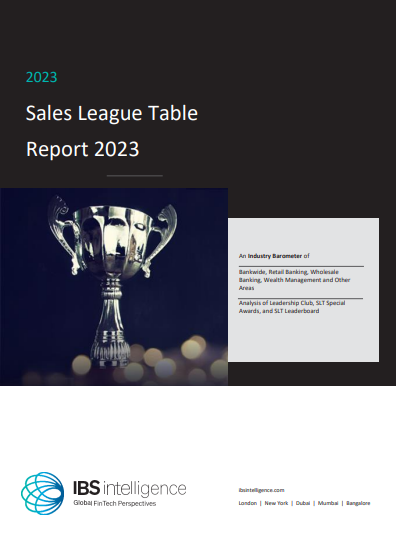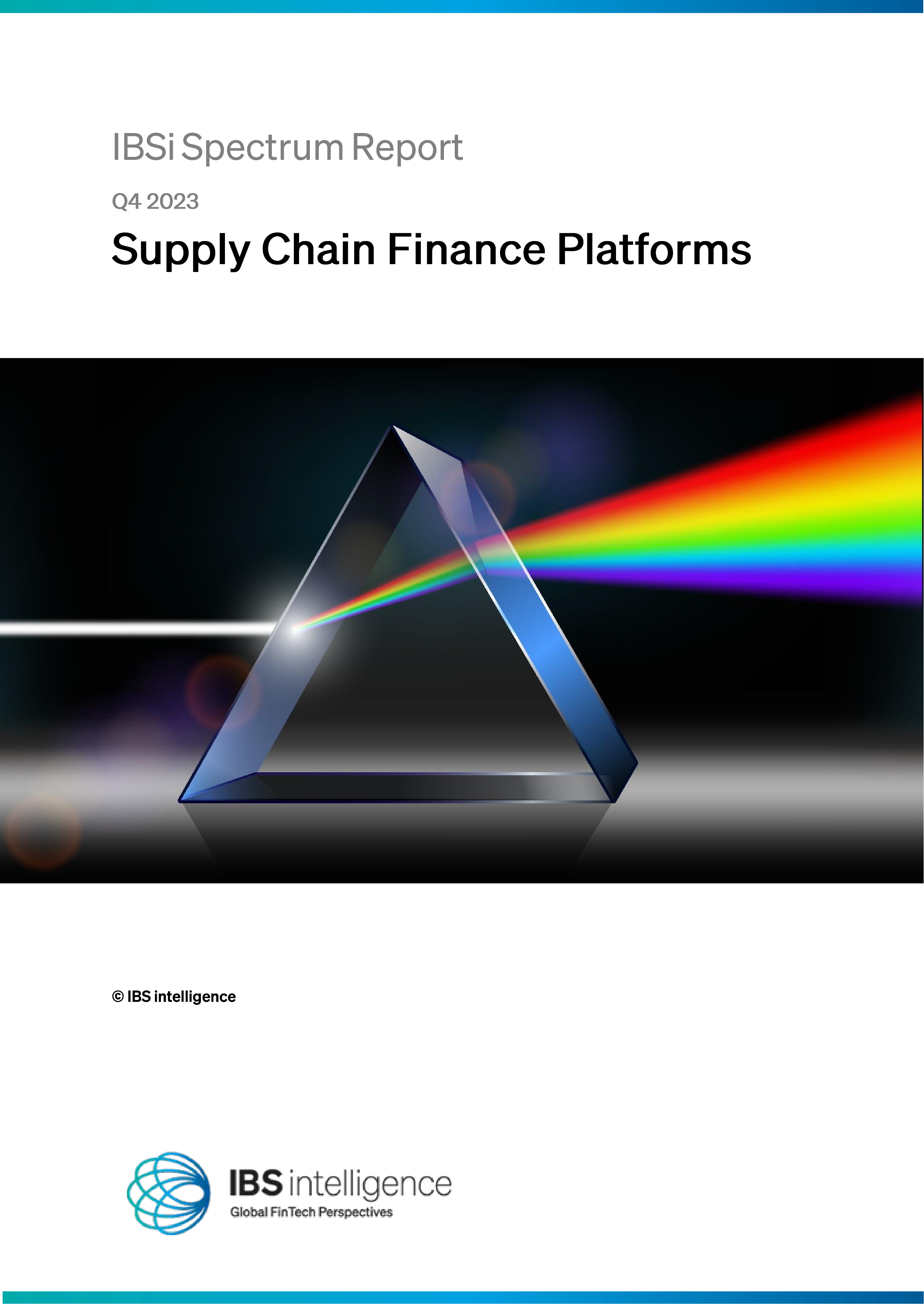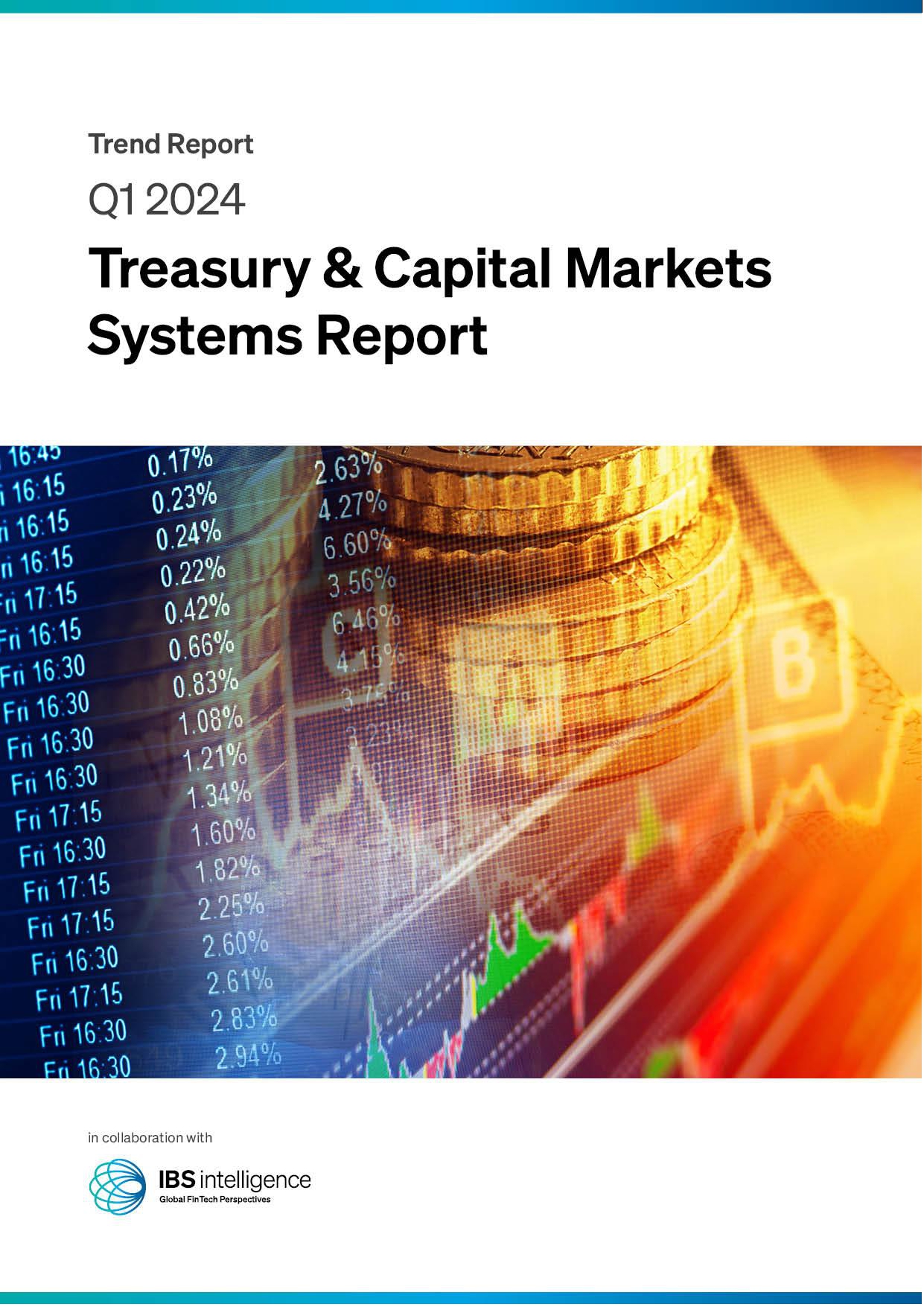 Back
Back
Why aren’t corporate treasurers adopting fintech?
While the benefits of fintech are being seen at increasing scale for consumers in the US, Europe and China, adoption among corporates is less emphatic. A recent paper from Wharton Business School highlights what many see as an ongoing challenge – the struggle between existing bank partners and new, challenger fintechs for that vital role with businesses, as they look to transact and manage cash.
Unfortunately, the competing pressures on corporate treasury are far more complex than this argument allows. We need only look to geopolitical factors that have had a knock-on effect on businesses, banks and treasury in recent (and not so recent) years. At this month’s EuroFinance conference, Strategic International Treasury, US tax reform is high on the agenda as businesses of all industries grapple with its implications. There certainly are opportunities following the legislation to adjust and re-think treasury activity, but there is no single approach, with it affecting different sectors and business models in very different ways.
Does this environment present an opportunity for investment in fintech from corporate treasurers? Certainly, but it’s equally useful to look at bank partners and ask – are they ready too? Myriad regulatory developments since the financial crisis mean that banks are potentially only now really ready to look at opportunities for game-changing, strategic technology that fintech provides. So where do the opportunities lie and how can we get there?
From siloes to an enterprise-wide perspective
For treasurers, a key challenge when coming to grips with the opportunities from fintech is attempting to understand the tangible benefits technology will deliver to their business as a whole. Organizational siloes prevent individuals from seeing how improved processes in one part of a business could either be beneficial or a burden in another. That enterprise-wide perspective is a crucial first step, before launching into a deep dive of whether DLT can benefit risk management in treasury operations.
That said, fintech needs to meet treasury in the middle by understanding the cultural differences between the two. Inertia may affect people in businesses because of the culture and habit around existing technology and incumbent infrastructures. If fintech aims to disrupt treasury then it needs to address how to solve existing problems and find ways of helping business in transformation. Just presenting smart new tech is not enough.
Business transformation has steadily evolved as a discipline to help overcome this very issue. For example, in the M&A process there is now an acceptance that merging two companies isn’t as simple as rationalizing costs, ditching an inefficient system and migrating data. Without understanding the people who will be adopting the technology, from CFOs and CTOs to accountants and cash managers, you aren’t laying the foundations for success.
Mass customisation: an achievable goal?
With the right mind-set, businesses can look to leverage the benefits from solutions that are steadily being developed by central and transaction banks, and fintechs. The speed and efficiency from AI and predictive capabilities, the effectiveness of work being done on emerging platforms and the learnings from pilot projects such as Hyperledger will all have lasting impact on treasury and related operations.
The most important thing to consider is how the specific use cases for each technology being developed can be made available at scale. Mass customisation is the missing piece in the growth of the technologies discussed above. There needs to be a shift away from a “one-size-fits-all” approach, to really reflect the pressing needs of individual treasury functions. Each treasury organization is part of a unique business with its own set of problems, so understanding this is the revolutionary change that businesses need to see in the solutions being offered by fintech and the banks.
About the author:
Robert J. Novaria has more than 30 years of corporate experience in the roles of treasurer, credit director, finance manager and controller at BP America and Amoco Corporation. Currently, he is a partner with the Treasury Alliance Group, leveraging his corporate experience in client engagements dealing with global treasury challenges, including risk and crisis management; cash management and cash flow forecasting; working capital management; shared service operations and general management. He also serves as a chairperson, moderator and speaker at treasury conferences worldwide.
For more information about EuroFinance: Strategic International Treasury and to book: www.eurofinance.com/miami
IBSi News

April 25, 2024
Business Transformation
4 Green FinTech start-ups offering sustainable financial solutions
Read More- Daily insightful Financial Technology news analysis
- Weekly snapshots of industry deals, events & insights
- Weekly global FinTech case study
- Chart of the Week curated by IBSi’s Research Team
- Monthly issues of the iconic IBSi FinTech Journal
- Exclusive invitation to a flagship IBSi on-ground event of your choice
IBSi FinTech Journal

- Most trusted FinTech journal since 1991
- Digital monthly issue
- 60+ pages of research, analysis, interviews, opinions, and rankings
- Global coverage
Other Related Blogs
June 06, 2022
Sustaining the future of trade: How FinTechs are making global trade more inclusive
Read MoreRelated Reports

Sales League Table Report 2023
Know More
Global Digital Banking Vendor & Landscape Report Q1 2024
Know More
Wealth Management & Private Banking Systems Report Q1 2024
Know More
IBSi Spectrum Report: Supply Chain Finance Platforms Q4 2023
Know More

